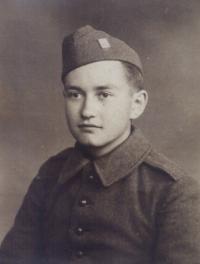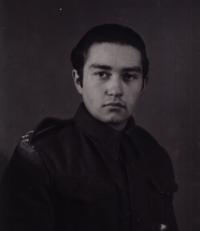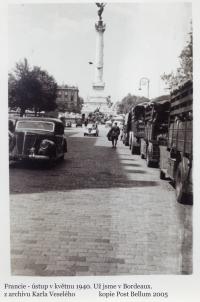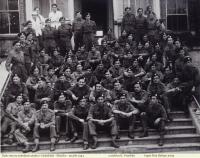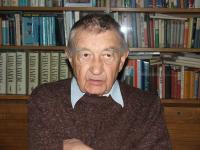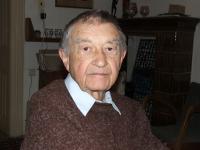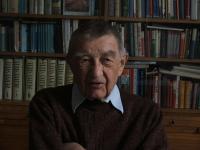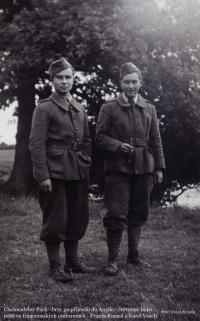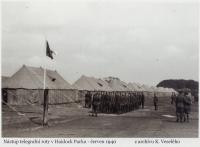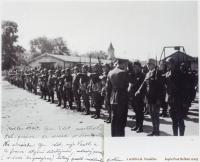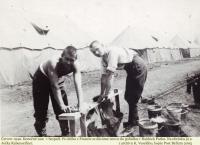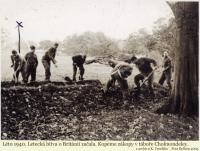At the consulate in Marseille we signed a proclamation that we wanted to join the army

Stáhnout obrázek
First lieutenant in retirement Karel Veselý was born in 1921 in Prague. He grew up in Černošice near Prague. Till the fifth year of grammar school he was studying at a grammar school in Prague. In 1937 he applied for a study in Nîmes in France. During the summer vacation in 1939 he decided to extend his stay in France. On September 1, however, WWII broke out. On the day of his nineteenth birthday he joined the Czechoslovak foreign army which was being formed in Agde. As a telegraph operator he took part in the retreat fights in France. In Britain Karel Veselý served in an armoured command vehicle in the telegraph company of a signal platoon. He also served at the same position under the command of general Liška in Belgium in the rear of the operation during the siege of Dunkerque. After the war Mr. Veselý began studying English and French at the Faculty of Arts of Charles University, and since his graduation he has been teaching English till his retirement. In the early 1950s Mr. Veselý suffered a work injury which cost him his right arm when he worked a part time job in the cement factory in Králův Dvůr.
